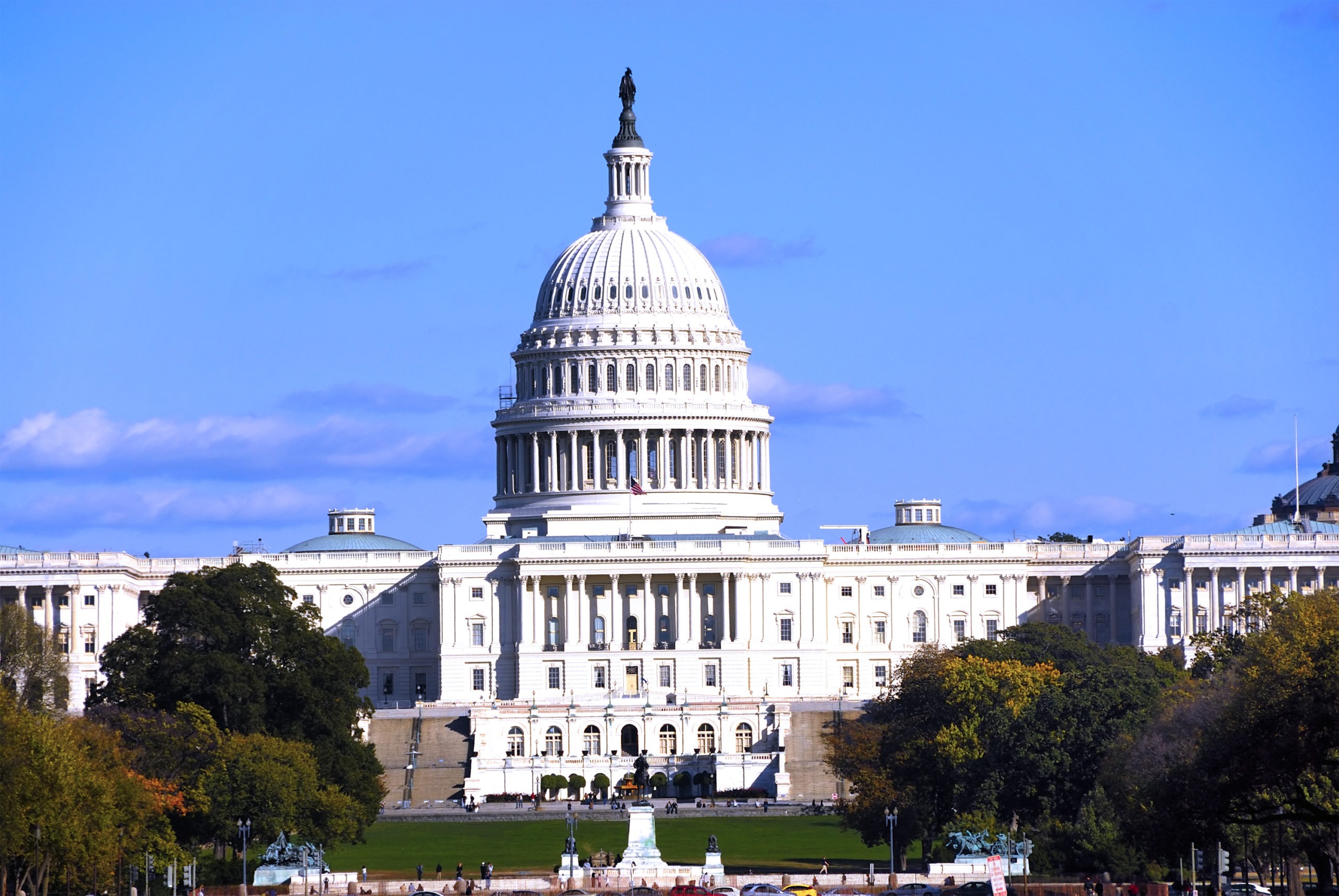On June 22, the Senate Intelligence Committee passed a bill that provides for additional protections to members of the intelligence community who blow the whistle on wrongdoing. These new protections ensure that whistleblowers cannot wrongly have their security clearances revoked, allows whistleblowers to go directly to Congress, and prohibits the disclosure of a whistleblower’s identity as an act of retaliation, among other new protections for Intelligence Community whistleblowers.
The United States Intelligence Community (IC) is comprised of 18 organizations, including the Central Intelligence Agency (CIA), that work together to collect, analyze and share intelligence.
While each IC Agency has its own independent regulatory process for safeguarding whistleblowers, all members of the IC are meant to be committed to protecting those who report waste, fraud, abuse or mismanagement. The Intelligence Community Whistleblower Protection Act of 1998 (ICWPA) is a U.S. federal law that protects whistleblowers who work in the intelligence community from reprisal. It establishes procedures for reporting alleged wrongdoing within the intelligence community, and provides for investigations of such reports by the Inspector General of the intelligence agency involved.
Since its enactment, the ICWPA has been used by government employees and contractors to report a range of alleged wrongdoing within the intelligence community, including waste, fraud, and abuse; illegal activity; and threats to national security. In recent years, the ICWPA has been used to report allegations of political bias and improper handling of classified information within the intelligence community.
The new protections for IC members are largely thanks to Democrat Senator Ron Wyden from Oregon. This legislation will better enable Congress to exercise its oversight of the IC and will better protect IC whistleblowers who come forward and tell Congress what they know. This will allow Congress to better exercise its oversight role over IC agencies.
Do you have a valid claim?
If you witnessed any widespread suspicious activity within your workplace, you might have a chance of becoming a whistleblower by reporting an ongoing fraudulent scheme. However, to increase your chances of success, you must be sure to back up your claim with substantial evidence or privileged information.
A Quick Whistleblower Checklist
Is the fraudulent scheme widespread enough?
Has the fraud been perpetuated for years or involves large sums of money?
Do you possess any physical evidence of the fraud (documents, forged signatures)?
Do you have access to privileged information which may help our investigators?
Do you work as an insider within the company perpetrating the fraud?
Did you witness any ongoing illegal behavior within your workplace?
Have you been forced into taking part in any suspicious corporate activity?





